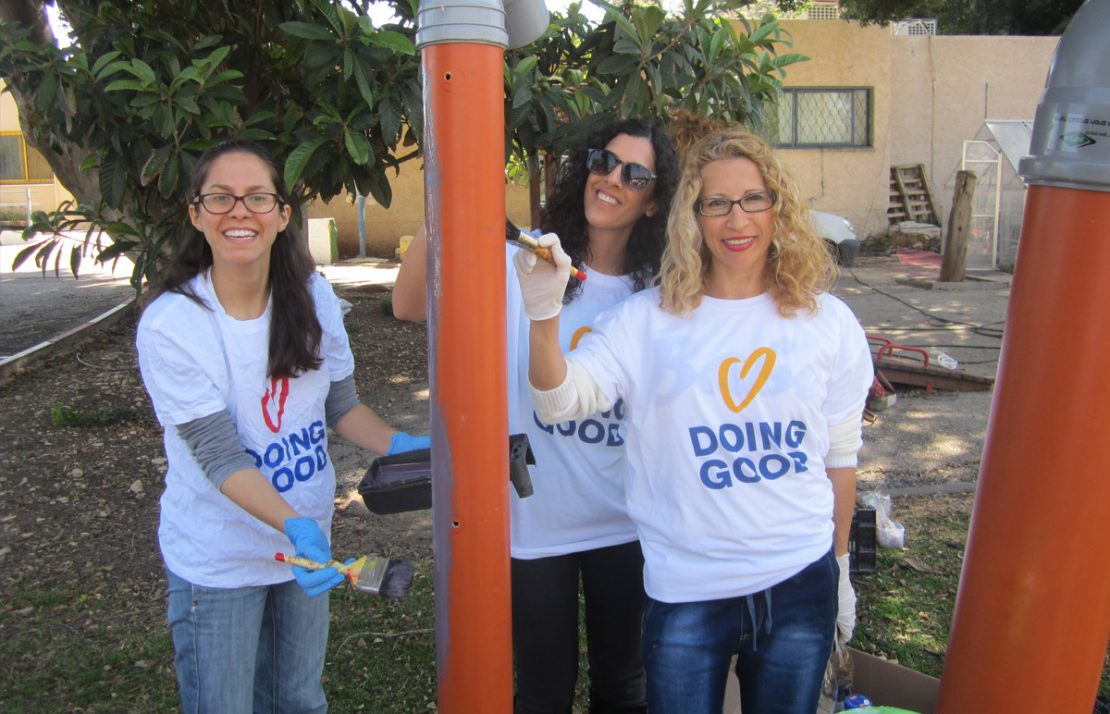
Volunteers make a difference. According to the Corporation for National and Community Service, in 2018, 77.4 million U.S. adults volunteered 6.9 billion hours – an estimated value of $167 billion. All that effort benefits many communities. But can your volunteers see the difference they make?
It can be hard. When volunteers pass out flyers or make phone calls all day, it’s easy to lose sight of how what they do affects others. Some people even stop volunteering if they feel they’re not making a difference. With this in mind, here are four ways to show volunteers the impact they’re making.
1. Train Volunteers To Understand The Long-Term Effects Of Their Actions
A good training program is great for teaching new recruits your rules. But did you know volunteer training can also educate volunteers on their impact? For instance, when training volunteers to work with traumatized children, educators can spotlight children who regained their mental health thanks to past volunteers who followed their protocols of active listening and encouragement.
When volunteers have this awareness, they perceive how their actions benefit others, even if they don’t see the results immediately.
2. Translate Statistics Into Impact Indicators
Sure, it’s great letting your volunteers know they donated 500 hours this year. But what do these numbers mean to your volunteers? Instead of just listing statistics, translate those numbers into indicators of success. If your volunteers spent 500 hours cleaning up beaches, mention the ways environmental health has improved by their efforts.
Include photos with statistics to make your impact more tangible – stating your organization provided medical care for 5000 children is more powerful when illustrated by a photo of just a couple of those smiling children.
3. Make Sure Volunteers Know How Others Feel About Them
Volunteers are busy. Some tackle multiple activities, moving too fast for others to thank them. Plenty of people appreciate these volunteers – the volunteers just never hear them. So, make sure any compliments they receive get back to them. If someone mentions their children loved your guest storyteller, share that with your volunteer.
Let people write about their experiences in online surveys or comments boxes, and forward those notes to volunteers mentioned. Sometimes, a simple text does more to boost volunteer morale than a fancy party.
4. Let Volunteers Make Long-Term Commitments
Volunteers who participate in one-time events are valuable, but rarely see the effects of their work. But volunteers who commit to long-term programs see the results of their efforts over time. A tutor can witness a struggling student become a confident reader. A mentor can watch a withdrawn child mature. Hospital entertainers see patients improve their quality of life.
Not all volunteers can commit to long-term programs. But by offering them, volunteer work becomes more meaningful – and inspires volunteers to stay with a program.
Final Thoughts
Making a difference is a major reason volunteers donate their time. Use these effective strategies to better communicate the impact your volunteers make and you’ll enjoy more motivated volunteers.
This article was originally posted on the VolunteerMatch Blog and appears here with permission.




